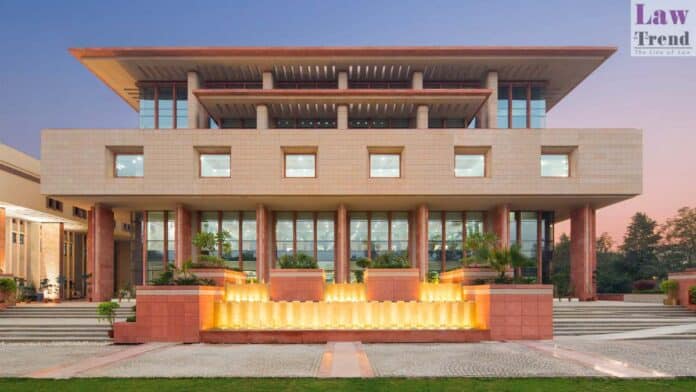The Delhi High Court has called for a response from the Centre concerning a petition that contests the constitutionality of Article 334A(1), which mandates delimitation as a condition for implementing women’s reservation in Parliament. The bench, led by Chief Justice D.K. Upadhayaya and Justice Tushar Rao Gedela, has also involved the attorney general in the matter due to the constitutional implications.
Scheduled for a hearing on April 9, the case was brought forth by the National Federation of India Women, represented by advocate Prashant Bhushan. The federation challenges the delay in the implementation of the Women’s Reservation Act, which stipulates a 33% reservation of seats for women in the Lok Sabha and all state legislative assemblies.
Article 334A(1) of the Constitution specifies that the reservation provisions for women will only be enacted following a delimitation exercise based on the population figures from the first census post the commencement of the Constitution (One Hundred and Twenty-eighth Amendment) Act, 2023. This reservation is to expire fifteen years from its commencement.
The petitioner argues that such a prerequisite for delimitation is not required for other reserved categories, such as Scheduled Castes, Scheduled Tribes, and Anglo-Indians in the Lok Sabha and state assemblies. They claim that this creates an arbitrary and unequal distinction, violating Articles 14 (Right to Equality) and 15 (Prohibition of discrimination on grounds of religion, race, caste, sex, or place of birth) of the Constitution.




